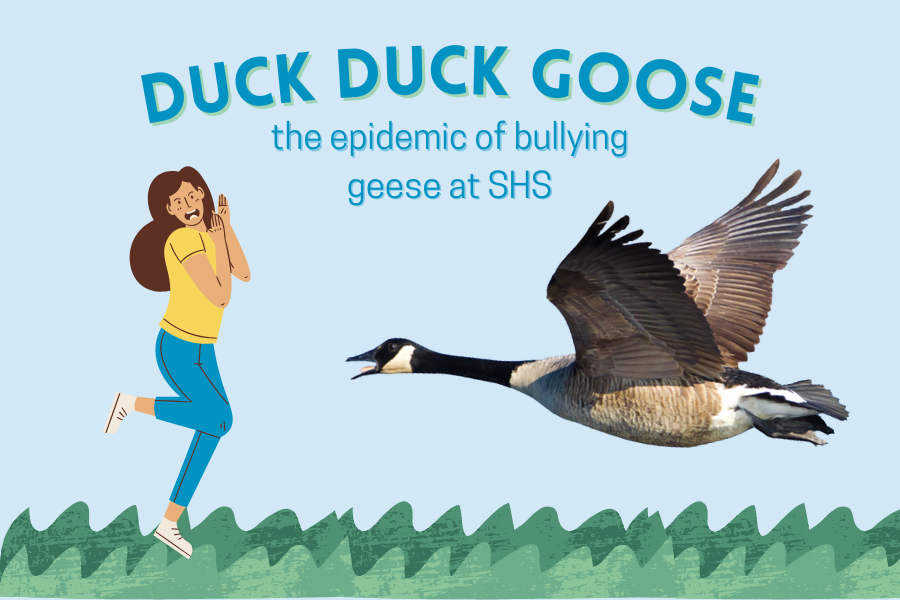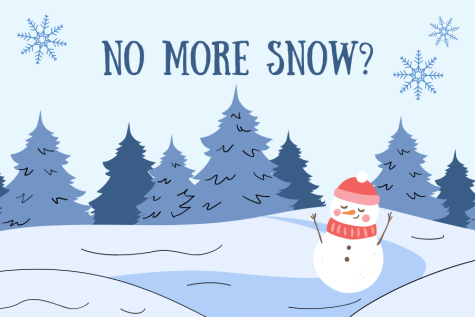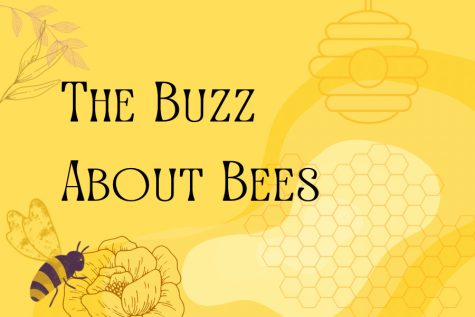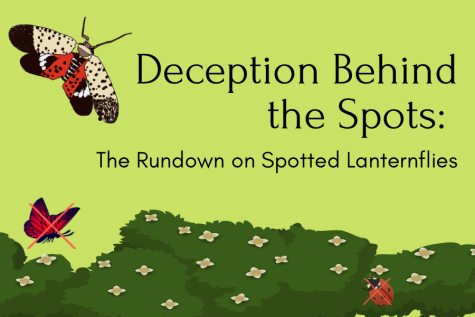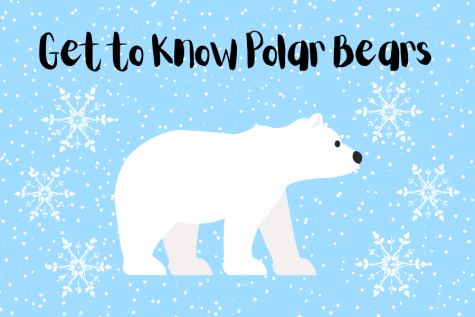Duck Duck Goose
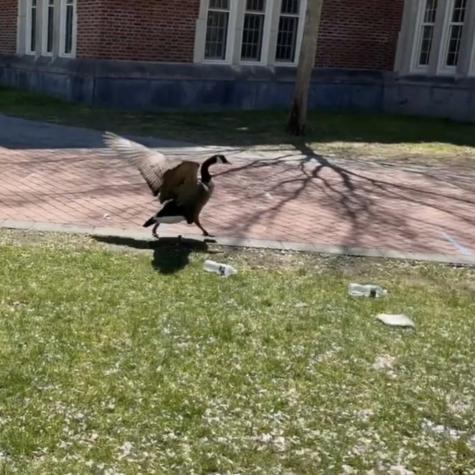
Duck Duck Goose: The Epidemic of Bullying Geese at SHS
If you’ve ever eaten at the Brewster entrance, then you know the pain of having to deal with geese. You step outside and have to walk around little pieces of grass-textured feces like landmines. Then when you finally get to your table and take out your food, they suddenly all appear before you, eagerly hoping to steal a morsel of your PB&J. And the worst part isn’t even that. When you get up to throw away your lunch, one will inevitably follow after you, honking for the whole school to hear, while one of your friends records a video of you cowering behind the trash can.
But why are these geese so hostile? Is this normal behavior, or just a special feature of Scarsdale High School?
It turns out Canada Geese (which are the type found in Scarsdale) are just extremely mean birds. They are particularly aggressive when other animals, including humans, are in their territory, as they feel the need to protect their young. Geese also lay their eggs on the ground instead of in trees like most birds, meaning we are more likely to be near their nests and consequently, more likely to be attacked.
Geese are also not afraid of us, so they will not flee if we get near them. This happens because geese have gotten so accustomed to humans living near them that they just don’t care when people are around them.
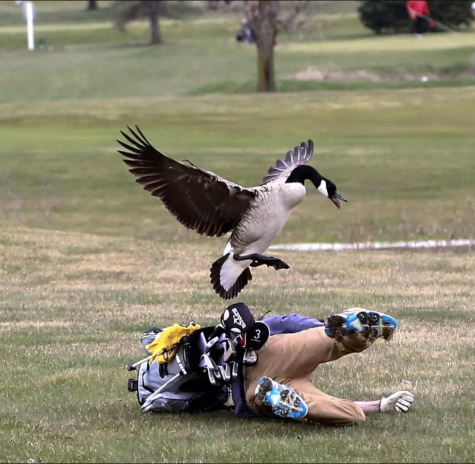 Because geese have gotten used to humans, we need ways to avoid their attacks. The easiest way to do this is to not get in close contact with these birds. Many people’s first (and slightly idiotic) reaction when seeing a goose is to feed them. Don’t do this. Feeding the geese will only make them more attached to you, and when you take away the food, they will get very angry.
Because geese have gotten used to humans, we need ways to avoid their attacks. The easiest way to do this is to not get in close contact with these birds. Many people’s first (and slightly idiotic) reaction when seeing a goose is to feed them. Don’t do this. Feeding the geese will only make them more attached to you, and when you take away the food, they will get very angry.
Now, if you have kept to yourself and still find yourself in the middle of a goose gaggle, try to recognize if one is about to attack you: a goose about to charge will extend its neck out straight and begin to hiss and honk. If a goose is showing all of these signs, back away from the goose slowly and maintain eye contact. Most importantly, do not run away from the goose — it will chase after you.
Luckily, goose migration season is from September to November, so the aviary annoyance will be out of our hair (and lunch) soon. That is, until next spring.
Works Cited
“Canada geese are in nesting season, causing aggressive behavior.” CBS 4 Indy, 17 April 2019, https://cbs4indy.com/news/canada-geese-are-in-nesting-season-causing-aggressive-behavior/. Accessed 19 October 2021.
“Problems With Aggressive Canada Geese.” Geese Relief, https://www.geeserelief.com/geese-problems/aggressive-geese.html. Accessed 19 October 2021.
Rossman, Sean. “Canada geese will attack. Why are the birds so aggressive?” USA Today, 25 April 2018, https://www.usatoday.com/story/news/nation-now/2018/04/25/canada-geese-attacks-population-aggressive/550135002/. Accessed 19 October 2021.
“Where Do Geese Migrate?” Varment Guard Wildlife Services, 1 April 2021, https://varmentguard.com/blog/why-geese-migrate. Accessed 19 October 2021.
wikiHow Staff. “How to Stop a Goose Attack.” wikiHow, 5 August 2021, https://www.wikihow.com/Stop-a-Goose-Attack. Accessed 19 October 2021.

